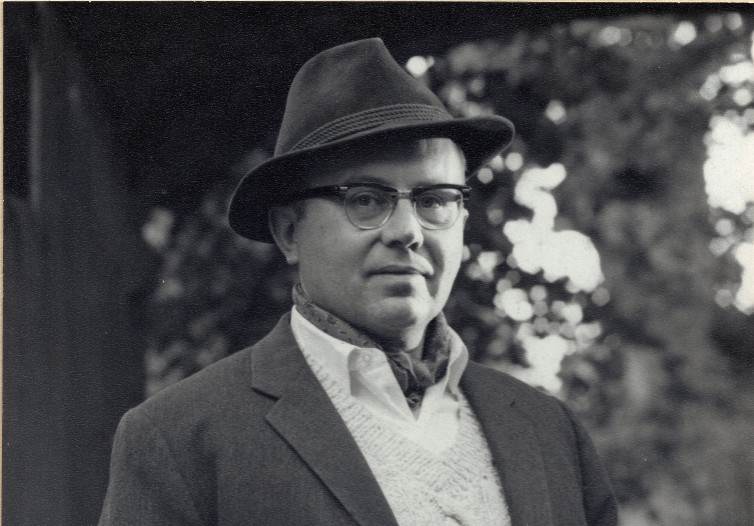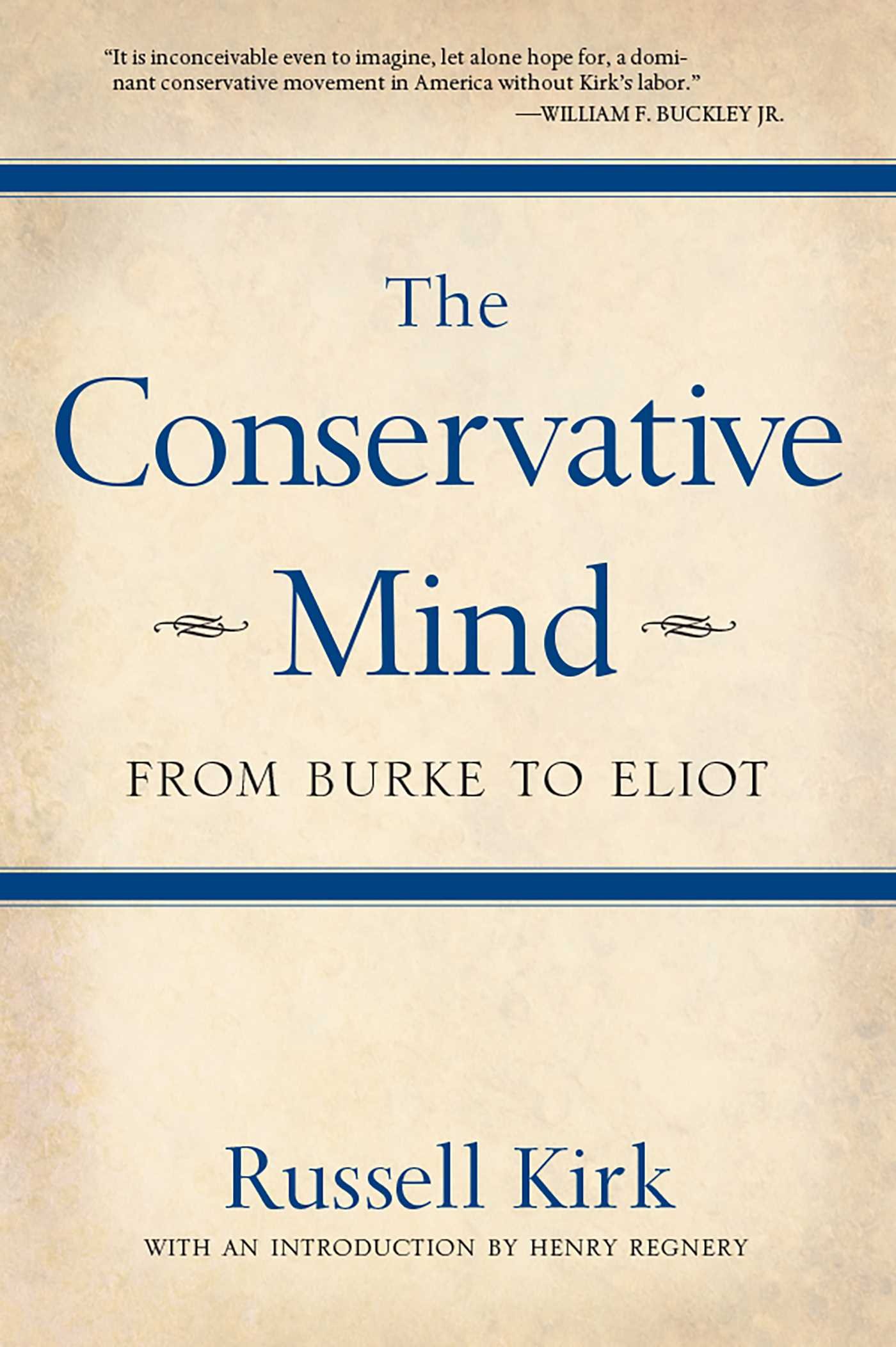
This is the seventh in a series celebrating the work of Russell Kirk in honor of his 100th birthday this October. Read more from the series here.
Back in the glory days of the Reagan years, I considered myself a rather hard-core libertarian. My mom—one of the most brilliant and well-read persons I have ever known (and ever will)—was a devout Goldwaterite and anti-communist. She read everything under the sun, and she encouraged me to do the same, never censoring anything. I inherited my love of books and my libertarianism from her.
All of it came quite honestly to me: a Kansan eager to understand the wider world. Armed with several excellent libraries and bookstores in my relatively small but well-to-do town of Hutchinson, I read everything I could, whether by Friedrich Hayek or Ray Bradbury, J.R.R. Tolkien or Leon Uris, Alexander Hamilton or Henry David Thoreau. Aside from my Catholicism, though, I had never encountered a real conservatism, at least of the Kirkian variety. Thus passed my first two decades in this whirligig of existence.
It was during the first semester of my senior year at the University of Notre Dame (the fall of 1989) that I first encountered Russell Kirk’s works. I’m still not exactly sure how, but I ended up with a hard-copy of the seventh revised edition of The Conservative Mind, published just three years earlier. The book came to me either from the Intercollegiate Studies Institute or a recommendation by Father Marvin O’Connell, my beloved and cranky history professor. To whomever it was, I can never thank you enough.
 I remember devouring the book, word by word, paragraph by paragraph, idea by idea. I had never encountered anything like it before. Here, much to my delight, was history without hesitations, biography without condemnations, and imagination without boundaries. The Conservative Mind seemed to my young mind as much poetry as it did scholarship. As I understood it then, and as I still understand it, the book did not destroy my libertarianism. Rather, it complicated it, complemented it, and gave it nuance.
I remember devouring the book, word by word, paragraph by paragraph, idea by idea. I had never encountered anything like it before. Here, much to my delight, was history without hesitations, biography without condemnations, and imagination without boundaries. The Conservative Mind seemed to my young mind as much poetry as it did scholarship. As I understood it then, and as I still understand it, the book did not destroy my libertarianism. Rather, it complicated it, complemented it, and gave it nuance.
In large part, the book bore meaning because I read it as Soviet communism collapsed in Eastern Europe. There’s nothing quite like getting to chapter thirteen at the exact moment that thousands of Germans descended upon and destroyed the Berlin Wall on November 9. The year 1989 truly was an annus mirabilis.
I still have that original copy of The Conservative Mind, now a cherished possession, filled with years upon years of underlines, highlights, reflections, and marginalia. Kirk’s vocabulary was also well beyond mine, and I marked every single word I did not know. Marking each mysterious word with an asterisk, I wrote down the proper definition of each on the page it appears in the book.
My favorite response, though, is my comment on page 480, dated fall 1989. “Maybe I am a conservative. At least [when it comes to] history.” To a young man, eager to make his way into the world, this was a spectacular revelation. On the facing page (481), I enthusiastically underlined several passages:
The little platoon is oppressed today by the forces of consolidation and centralization; but it may be reanimated. If it expires, society is left to boredom and apathy. It would be well to direct their energies to the examination of voluntary and private associations, rather than to planning new activities for the unitary state… It would be well for them to renew the classical definition of justice, ‘to each his own’; to recognize diversity and variety, rather than standardization of life, as goals of the tolerable society; to admit the virtues of order and class; to encourage the development of talented leadership, rather than to sing the praise of universal mediocrity.
As I saw it then, and as I still see it today, Kirk understood why communism had to fail. These paragraphs taught me much, and they especially gave me the language I needed to be a better thinker and critic. To be certain, I had never doubted that communism was a great evil. After all, I grew up in a Catholic Goldwater house. We were nothing if not anti-Communist. When I had played with my plastic army men behind our backyard fence on 30th Street, my American soldiers decimated the Viet Cong, day after day.
Yet, in high school and college, I had intellectually and spiritually grown content in bashing what I hated rather than loving what I loved. In his piecing together of the 29 lives explored in The Conservative Mind, Kirk taught me to understand tradition, inheritance, and sustained argument. He taught me to love when I had only understood how to hate. He armed me.
But who am I kidding? I’m not alone in any of this. Over its seven editions, The Conservative Mind has sold over a million copies. Not bad for a dissertation written at a Scottish university by a relatively unknown and impoverished boy from Michigan. Twenty-nine years later, it still speaks to me. Here’s hoping it speaks to you as well.
Happy Birthday, Dr. Kirk. You not only lit the candle to brighten the corner where you found yourself; you changed the world. Now, it is up to us to make something of the legacy you so graciously and gracefully left us.

